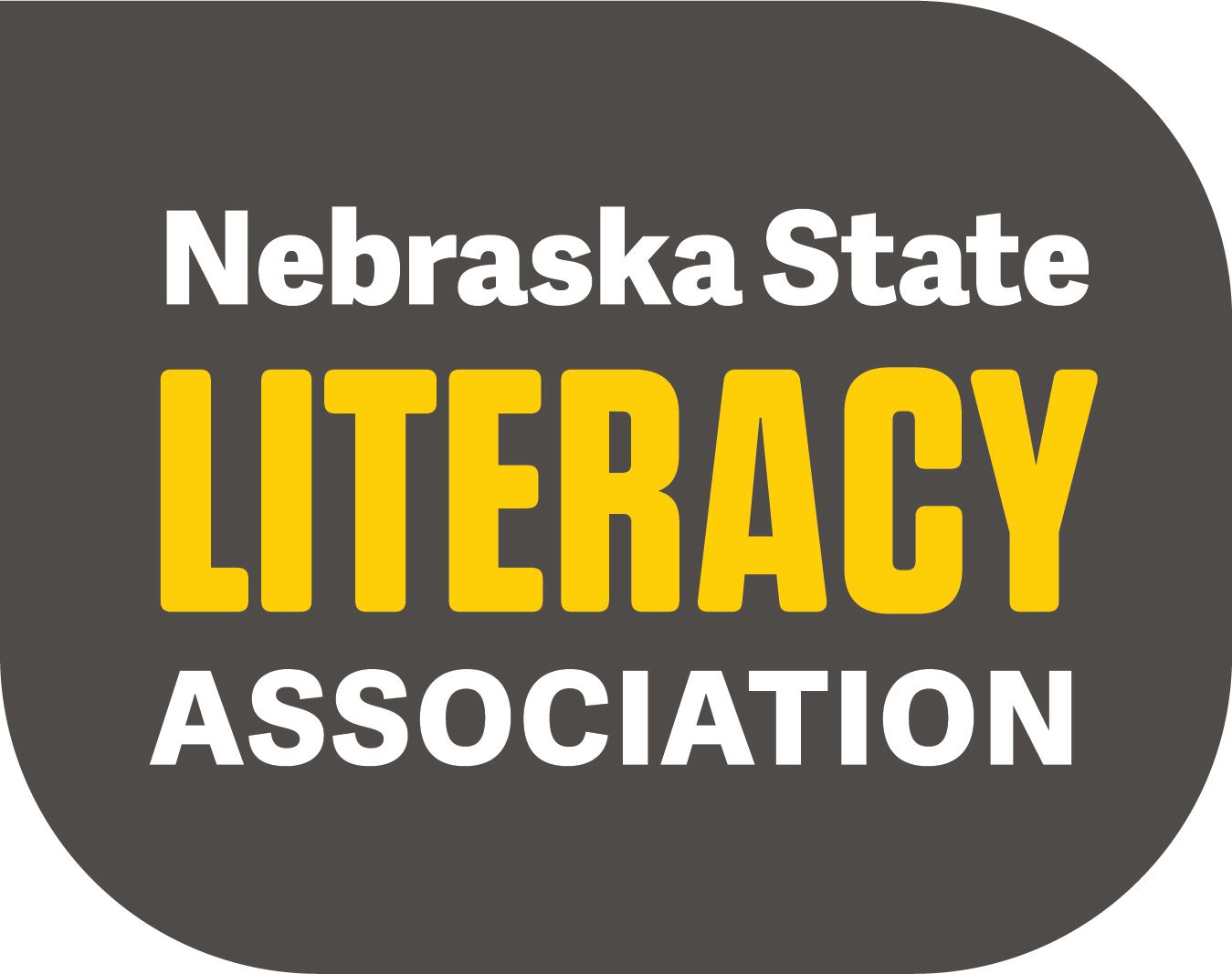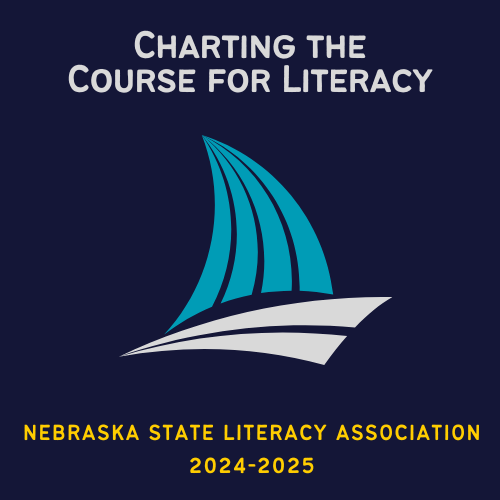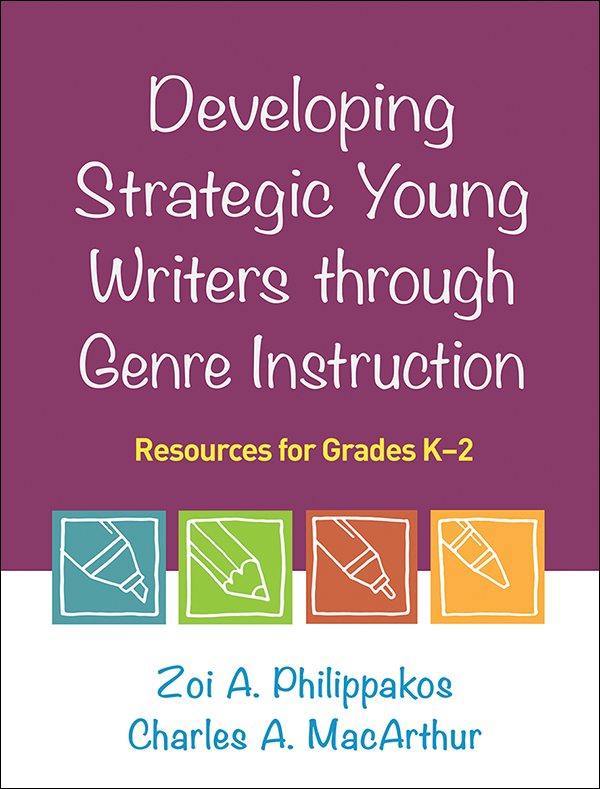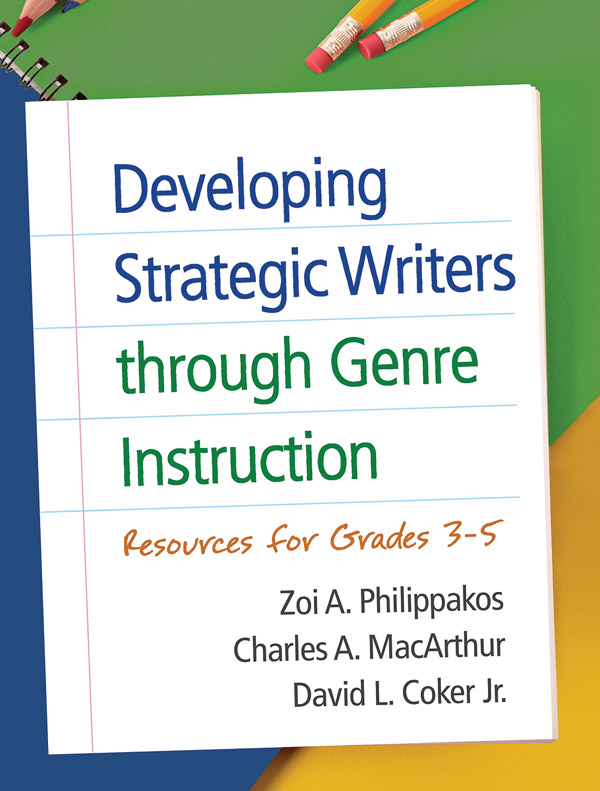| Nebraska State Literacy Associationan affiliate of the International Literacy Association | MEMBER LOG IN |
Our mission is to promote and advocate for equitable access to literacies for individuals of all ages and diverse communities as a basic human right.
MENU/LINKS | PROFESSIONAL LEARNING OPTIONS |
|
The Spring 2024 Virtual Speakers were a success. Consider reviewing resources from Zoi A. Philippakos and Cornelius Minor. |
Dr. Zoi A. Philippakos
Zoi is the author of: Developing Strategic Young Writers Through Genre Instruction (K-2)
and Developing Strategic Writers Through Genre Instruction (3-5)
Click on the book links above to buy her books at a 15% discount. |
|
A Message From Director of Professional Learning |
Dear Educators, |




